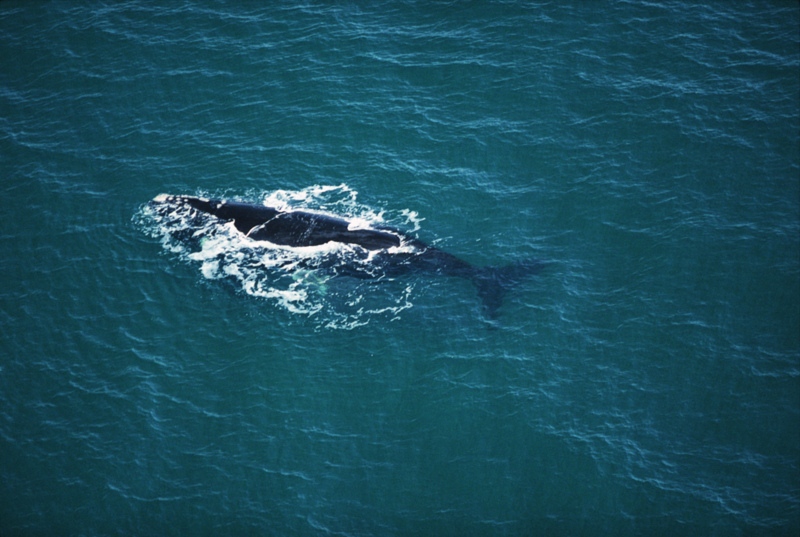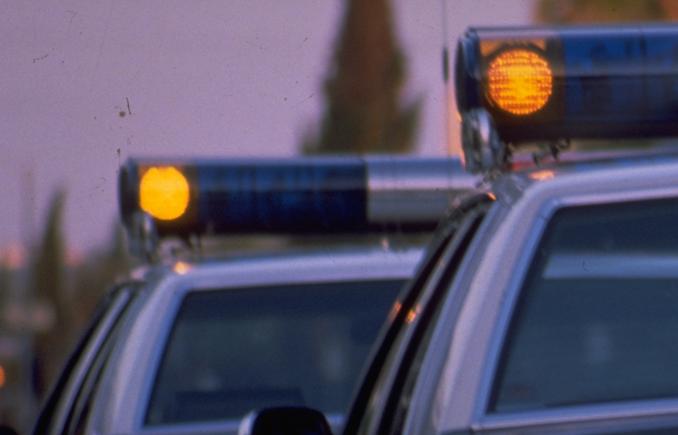Federal regulators have unveiled new rules for fishing off Maine’s coast as part of an ongoing effort to protect the endangered North Atlantic right whale.
On Tuesday, the National Oceanic and Atmospheric Administration announced new guidelines which are likely to draw a firm rebuke from members of Maine’s lucrative lobster industry.
NOAA has imposed a seasonal closure in a 950-square-mile area off the coast of Maine, which runs from Mount Desert Island to eastern Casco Bay, according to the Portland Press Herald.
The agency says the closure would go into effect from October through January. It does not apply to ropeless fishing, a new method that involves the use of smartphones to raise traps out of the water.
The new restrictions impact Northeast lobster fishing and Jonah crab trap or pot fisheries.
Regulators have also introduced a host of new rules for harvesting, including gear modifications, with the goal of reducing right whale entanglements. It represents the final modification to the agency’s “Atlantic Large Whale Take Reduction Plan.”
The Maine Congressional Delegation and Governor Janet Mills released a joint statement in response, coming out against the new rules. They say the industry has taken steps to reduce potential harm to the whales, and that it’s “unacceptable that Maine lobstermen and women continue to be the primary target of burdensome regulations, despite the multiple effective mitigation measures they have taken and the data showing that ship strikes and Canadian snow crab gear pose substantially greater risks to right whales.”
Many Maine lobstermen have also criticized restrictions the agency has proposed to protect the whales, pointing out that there’s no record of them being killed by Maine fishing vessels. The last known right whale entanglement in Maine occurred in 2004, but the whale survived.
NOAA says a total of 34 right whales have died and 24 have been injured in the U.S. since 2017, primarily due to ship strikes and entanglements.
They estimate there are only 368 living North Atlantic right whales left.
“The new measures in this rule will allow the lobster and Jonah crab fisheries to continue to thrive, while significantly reducing the risk to critically endangered right whales of getting seriously injured or killed in commercial fishing gear,” said Michael Pentony, Regional Administrator, NOAA’s Greater Atlantic Regional Fisheries Office.
The changes include the following requirements:
- Modify gear marking to introduce state-specific colors for gear marks and increase the number of gear markings and areas requiring marked lines
- Modify gear configurations to reduce the number of vertical lines by requiring more traps between buoy lines
- Require weak insertions or weak rope in buoy lines
- Modify existing seasonal closure/restricted areas to allow ropeless fishing
- Add two new seasonal restricted areas
- Following changes made by Massachusetts, extend the Massachusetts Restricted Area to add state waters north to the New Hampshire border






